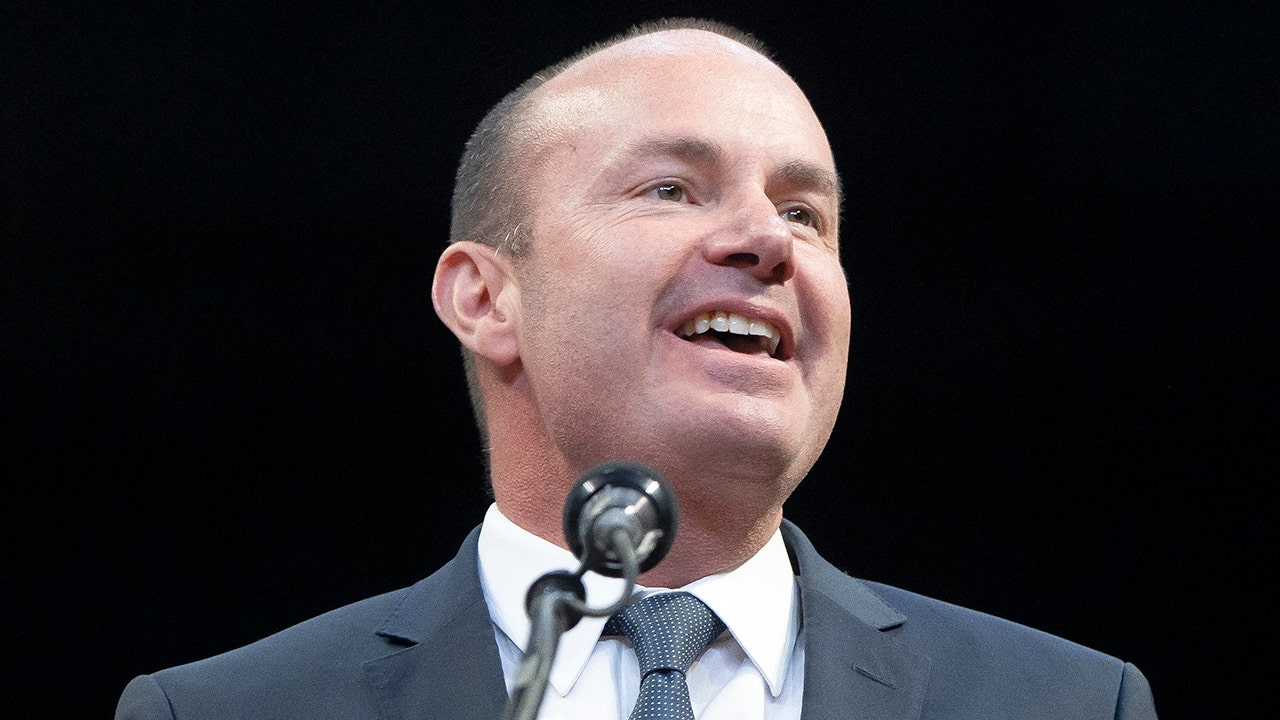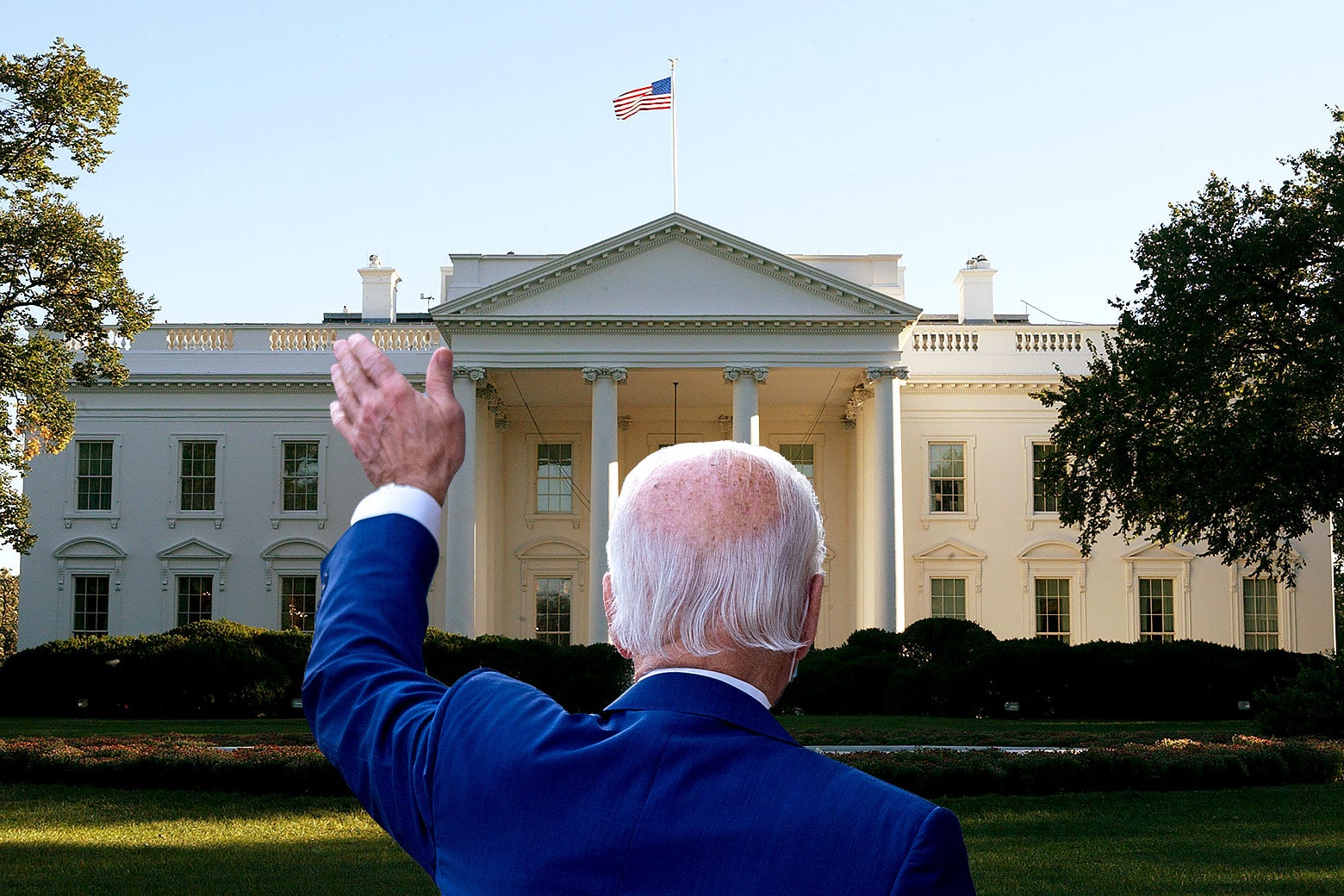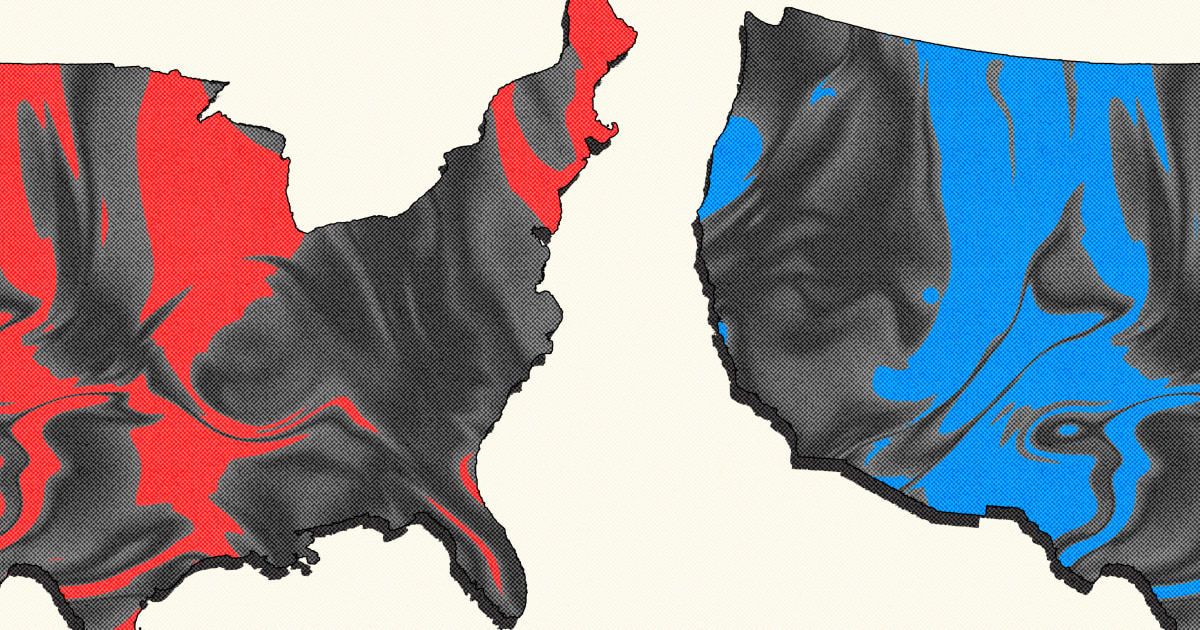On the eve of the 2024 presidential election, Vice President Kamala Harris holds a 4-point lead over former President Donald Trump among likely voters nationally, according to the latest PBS News/NPR/Marist poll. Harris has the support of 51 percent of likely voters to Trump’s 47 percent – a lead just outside the poll’s 3.5-point margin of error.
A little more than half of independents support the Republican nominee, a 5-point lead over Harris.
INTERACTIVE MAP: Create your own projections for the 2024 presidential race, based on race ratings from Cook Political Report
“It has been and remains a close election,” said Lee Miringoff, director of the Marist Institute for Public Opinion. “As far as the popular vote is concerned, it’s hers to lose.”
The 2024 campaign has been shaped by dramatic events unlike any other election year in modern American history: the sitting president and presumptive Democratic nominee withdrawing from the race less than four months before Election Day; the first woman of color nominated as a major party candidate; two assassination attempts on the Republican nominee; and the same nominee convicted on 34 felony charges.
Despite all that, likely voters surveyed in this poll greatly resemble the 2020 electorate, which backed President Joe Biden with 51 percent of the popular vote to Trump’s 47 percent.
WATCH: Harris and Trump appeal to voters with starkly different tones in final days of the election
“We’ve gone through all of this to get back to…pretty much where you ended up four years ago,” Miringoff said. “We’ll see if the Electoral College mirrors that.”
Behind the topline numbers, Miringoff noted some shifts at the margins that explain the coalitions lining up behind the two candidates and why polling continues to show a close race.
Most notably: The gender gap has shrunk in half in the last month of the campaign.
Trump has held onto his lead among men, but it has shrunk to 4 points, down from the 16-point advantage he had over Harris in October. At the same time, 55 percent of women say they will back Harris in the latest survey. The vice president’s lead among women has shrunk from 18 points to 11 points since last month.
The gender split in this poll is nearly identical to the one between Biden and Trump in 2020, according to AP VoteCast surveys of the electorate.

Graphics by Jenna Cohen/ PBS News
When it comes to race, however, the latest poll finds a slight reshaping of support for the two candidates since the last presidential election.
Trump leads Harris 54 percent to 45 percent among white voters, but her 9-point deficit is a slight improvement over the 12-point advantage Trump had with this group in 2020.
Harris instead has seen some erosion among Black and Latino voters, who together made up about 20 percent of the vote in 2020. Harris has support from 83 percent of likely Black voters and 61 percent of likely Latino voters – down 8 and 2 points, respectively, from the share that supported Biden in 2020.
In the vice president’s closing argument to voters in recent weeks, she has emphasized reaching out to Republican voters who are disillusioned with Trump and tried to remind them of the chaos she said came with his time in the White House. Harris has campaigned in swing states with prominent Republican officials who have endorsed her, including former Reps. Liz Cheney and Adam Kingzinger. The PBS News/NPR/Marist survey suggests her efforts may be working.
Eight percent of Republicans say they will vote for Harris, up 3 points from a month ago and double the number of Democrats who say they will back Trump.
“In a close race, that’s a big deal potentially,” Miringoff said.
More than 78 million ballots have already been cast, according to the University of Florida Election Lab. Fifty-five percent of likely voters in this poll report already having cast a ballot. One-third of voters say they plan to vote in person on Election Day, including 40 percent of Trump supporters.
Among those who have already voted, Harris leads Trump 56 percent to 42 percent. But with voters who have yet to cast ballots, 53 percent plan to vote for Trump; while 45 percent support Harris.
WATCH: What early voting data signals about this year’s election
Polls released in the waning hours of presidential elections often receive outsized attention – including a Des Moines Register poll over the weekend that showed Harris with a 3-point lead over Trump in Iowa, and a trio of Marist polls at the end of last week that found Harris leading Trump in the Blue Wall states of Wisconsin, Michigan and Pennsylvania. But both Democrats and Republicans are quick to point out that what matters is the results after voting ends on Tuesday.
Miringoff offers a similar word of caution to poll-obsessed political observers.
“If you want to know who is going to win and who is going to carry every state, that’s not what this is going to tell you. It just tells you that the advantage is hers going in,” Miringoff said. “The polls have been continuing to monitor just how polarized the nation is.”
Preserving democracy, inflation top voters’ concerns
One of the widest chasms between likely Trump and Likely Harri voters are their reasons for showing up to the polls and the belief about what will happen after voting concludes.
A majority of Harris supporters (51 percent) say their highest-priority issue when deciding who to vote for is preserving democracy. More than a third list abortion as their second most important issue.
For Trump supporters the biggest issues are inflation and immigration.
Accepting election results
After voting ends and a winner is named, 71 percent of likely voters say that if their chosen candidate is the loser, he or she should accept the results. Twenty-seven percent say the losing candidate should challenge the results in that scenario.
Trump has continued to spread baseless lies that the 2020 presidential election was stolen. He told the audience at one of his final campaign rallies Sunday in Pennsylvania that he “shouldn’t have left” the White House after his loss to Biden. He has similarly begun to lay the groundwork to challenge the 2024 election results if he loses.
Forty-three percent of his supporters believe he should challenge the results of the election if he loses. Thirteen percent of Harris supporters say the same.
In preparation for Election Day, fencing has gone up around the White House and Capitol, and many commercial buildings in downtown Washington have been boarded up in anticipation of potentially violent demonstrations.
Seventy-two percent of likely voters are concerned about violence as a result of the election. That includes 85 percent of Harris supporters and 57 percent of Trump supporters.
















